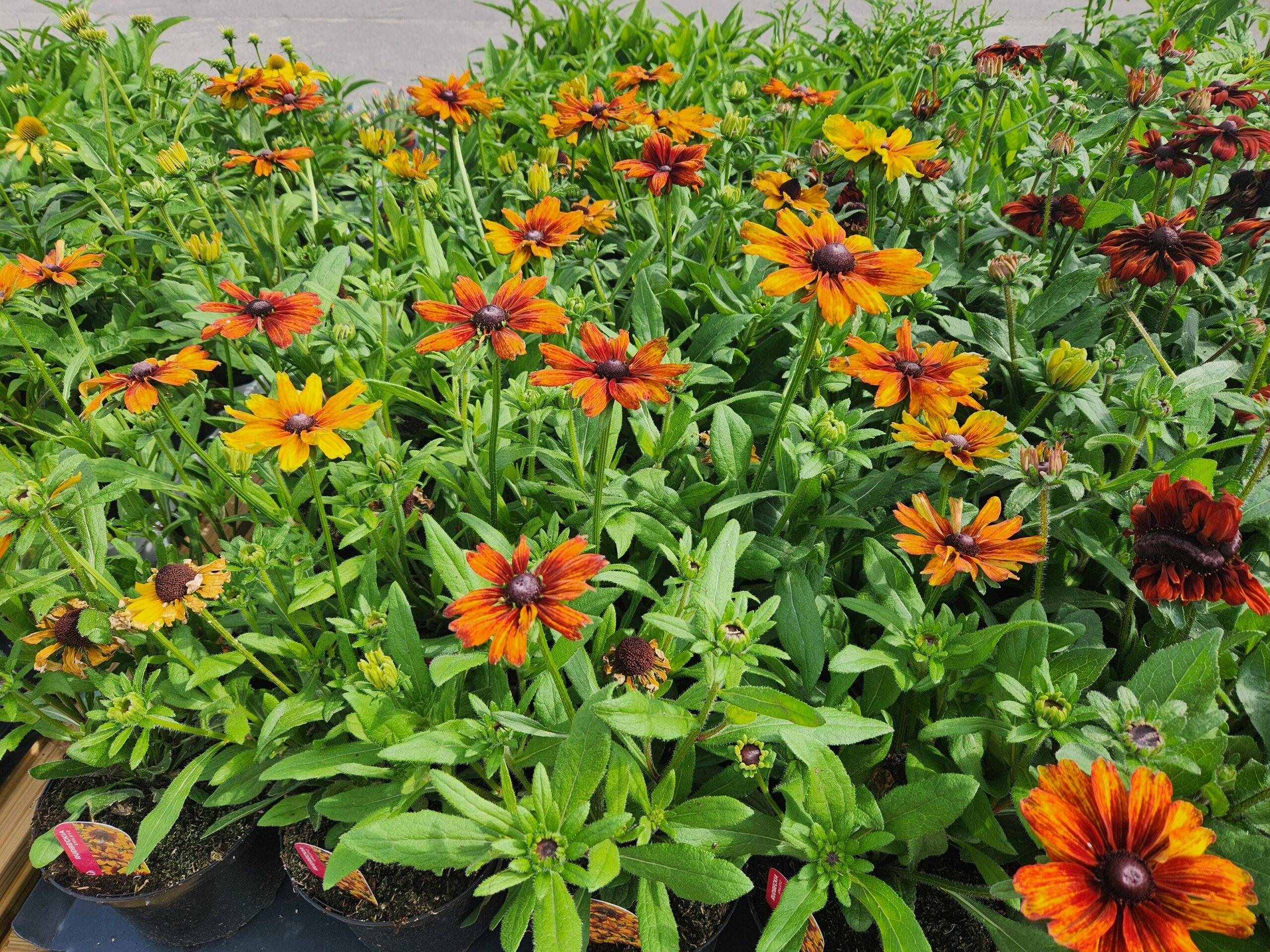
Who are we? We are a newly established family run plant nursery located in Market Warsop, Nottinghamshire.
So not only can you get the wood for your decking & borders. Now you can get the plants too. Whilst we are still finding our feet we won’t be offering delivery just yet. So all plants will need to be collected for the time being.
We may not have been open for long but our collection of both indoor and outdoor plants is somewhat impressive. Even if we do say so ourseIves.
If you haven’t been yet then you really are missing out.
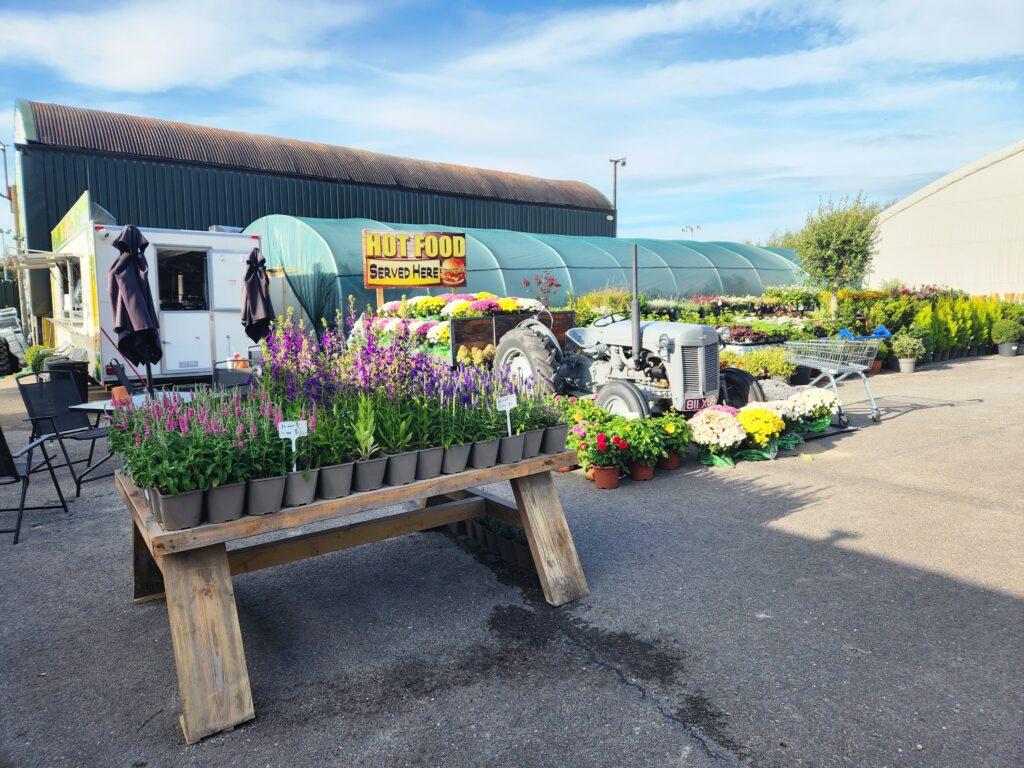
We have a massive selection of alpines, perennials, annuals, flowers, shrubs, hedging and fruit trees
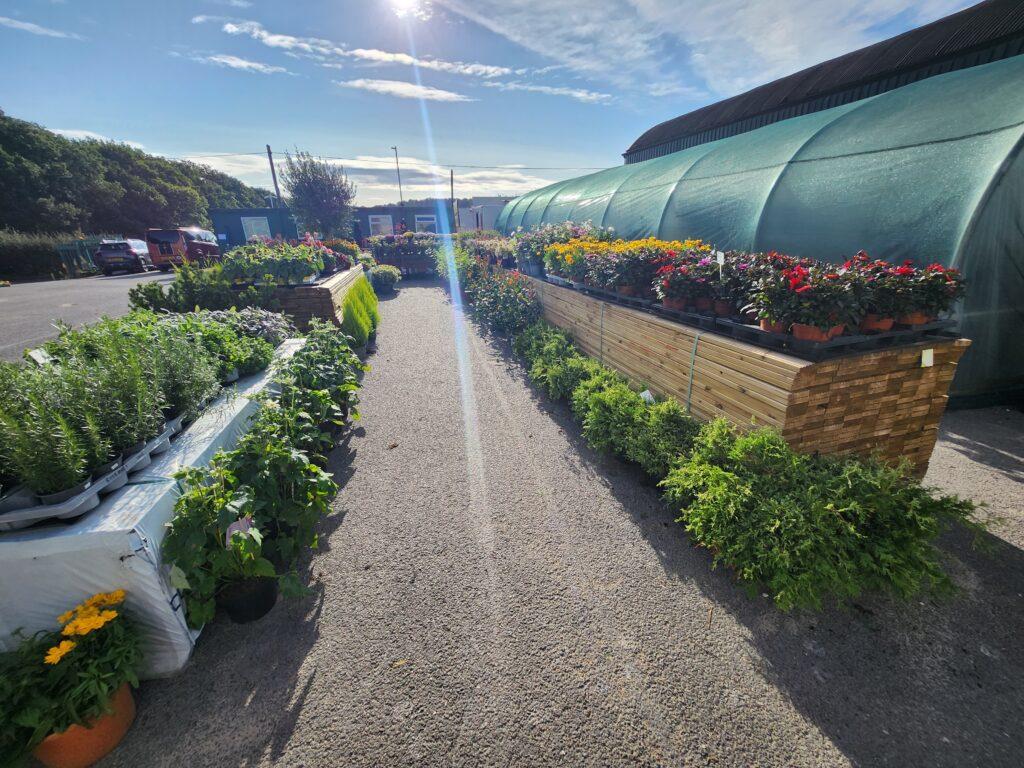
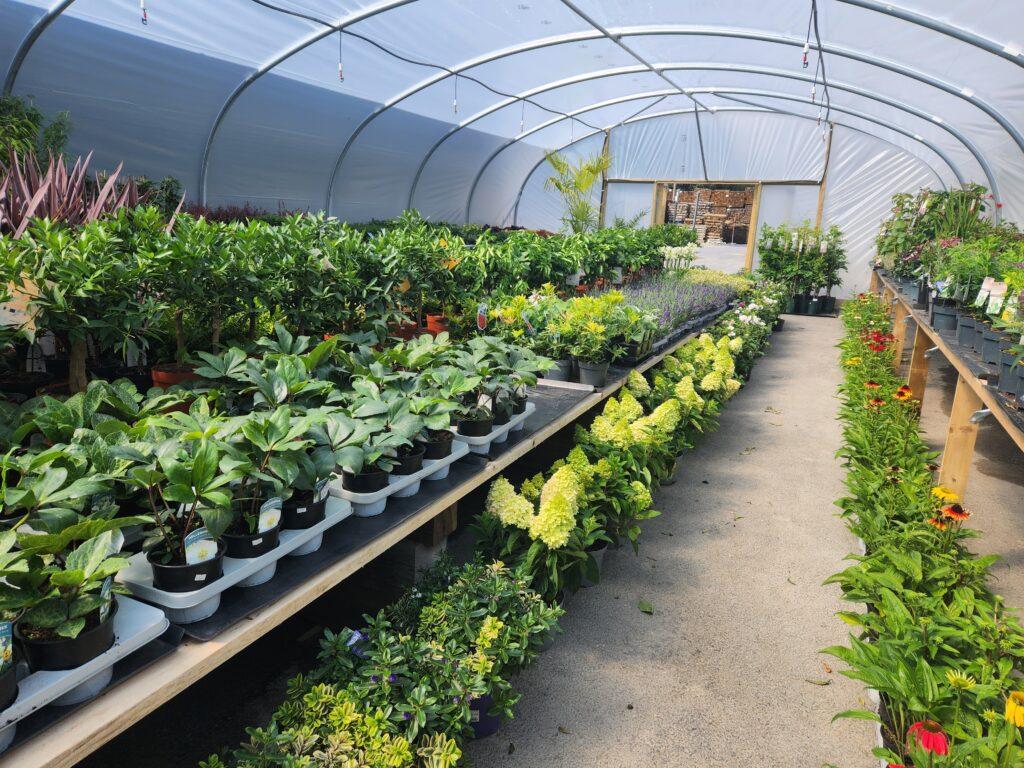
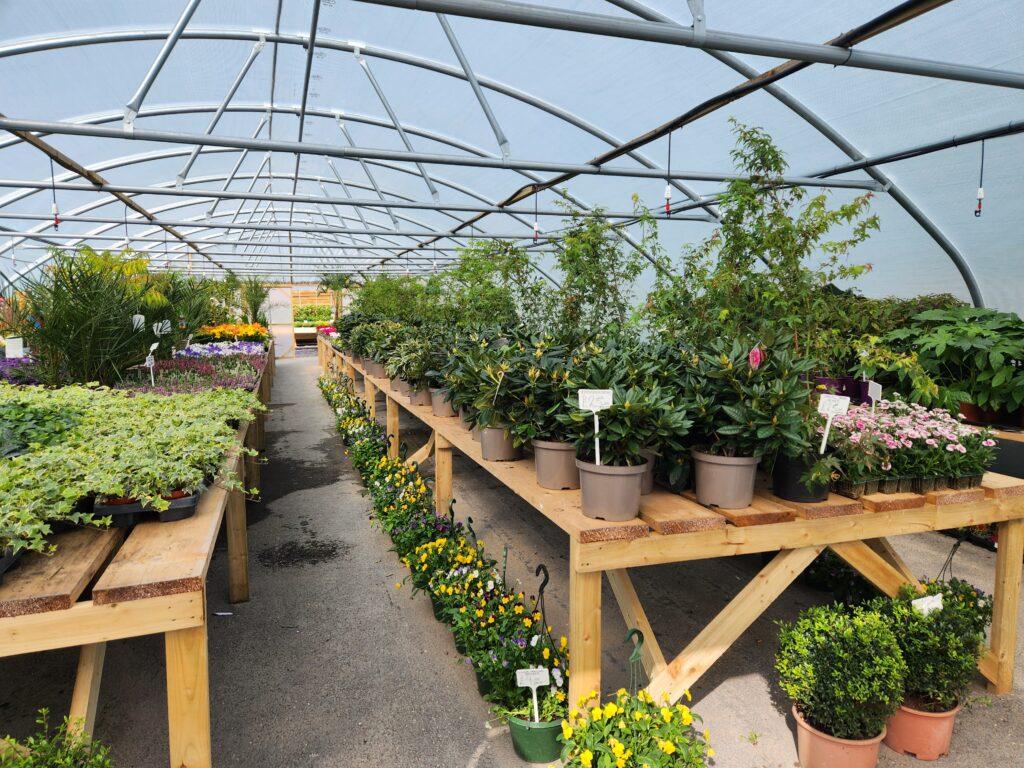
we currently have two poly tunnels filled with plants and flowers and another under construction.
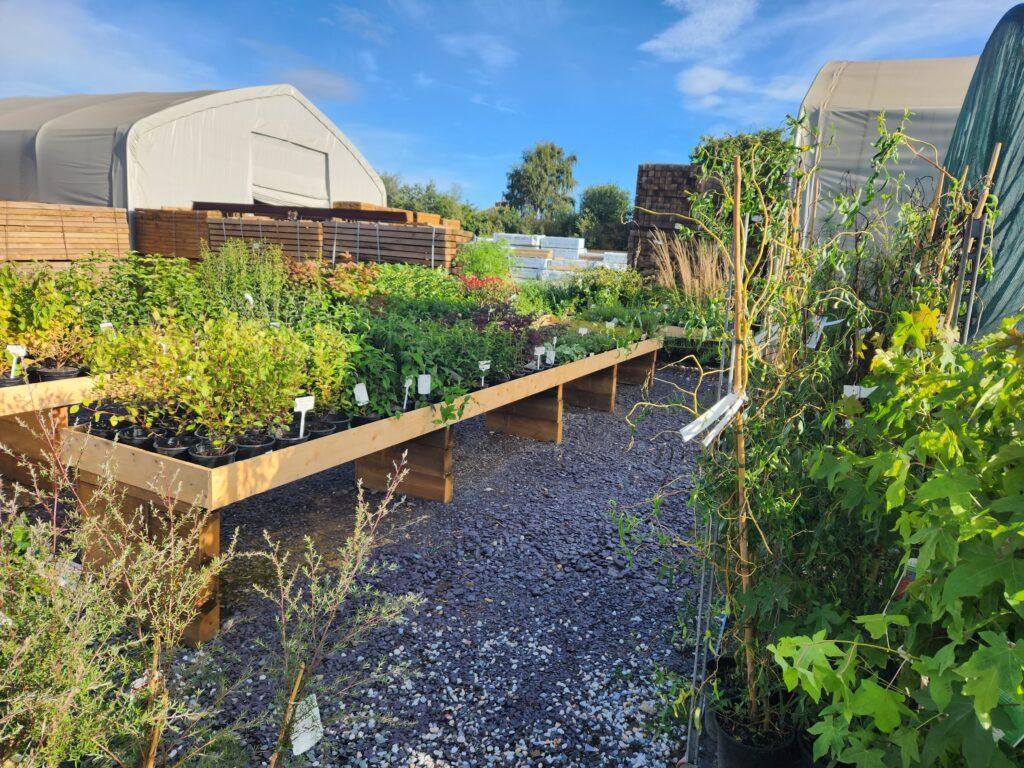
The fruit tree orchard coming along nicely and will look very pretty once completed and the plants are in full bloom.
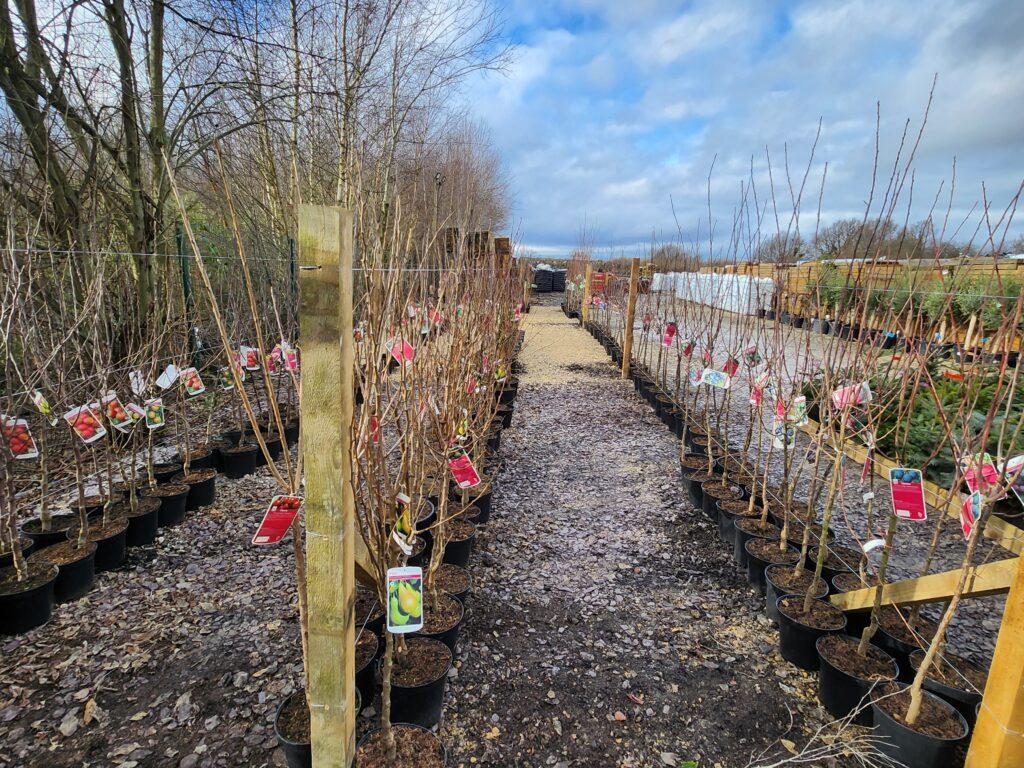
Home to one of the largest displays of house plants in the East Midlands!
Not forgetting the jewel in the crown. Not only one but two floors absolutely stacked with beautiful, tropical house plants many of which, you will struggle to find locally.
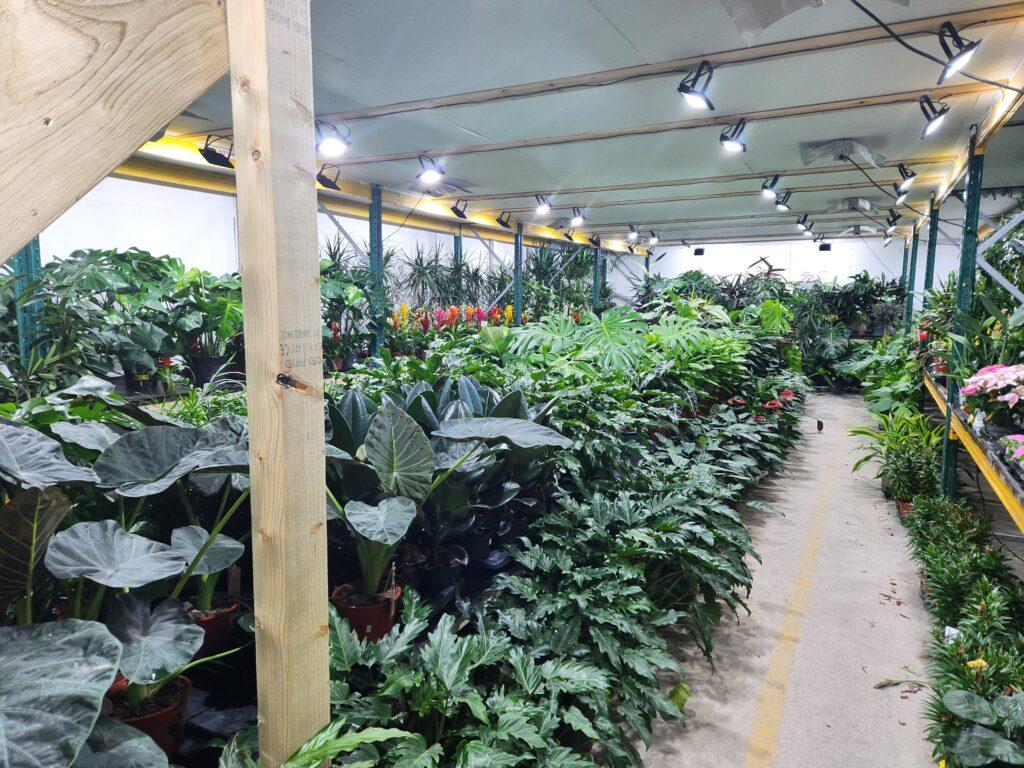
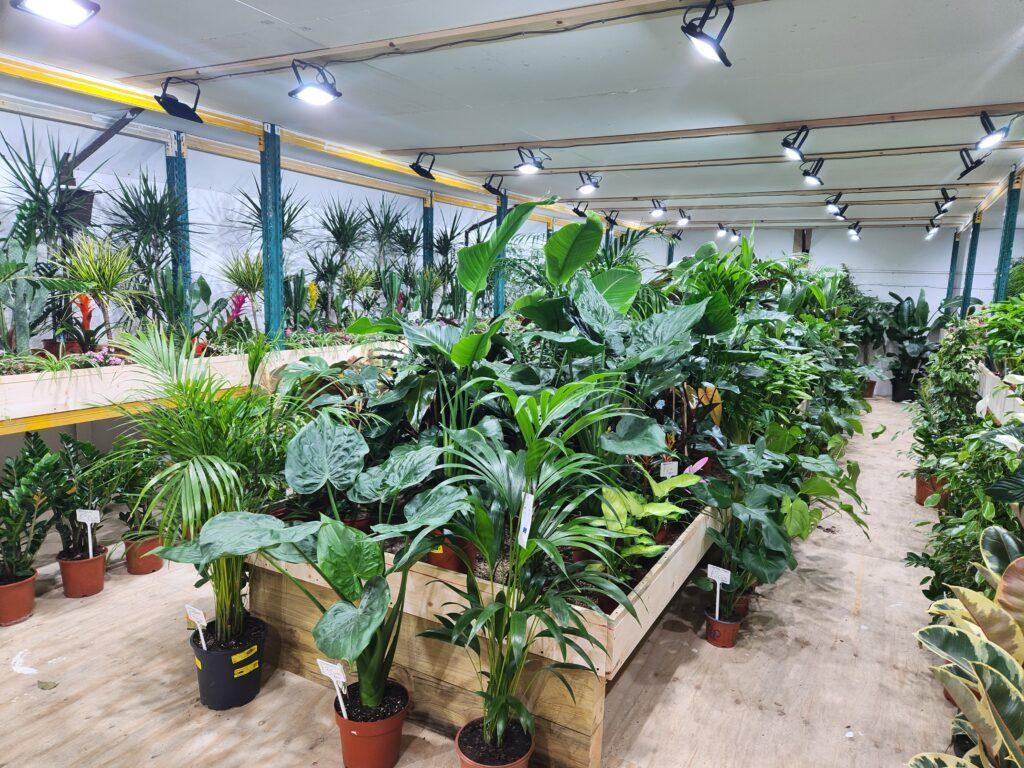
Open to the public 7 days a week!
(well behaved dogs welcome)
Whilst we cant always guarantee stock and availability, we can definitely guarantee that you will find something that you like!
